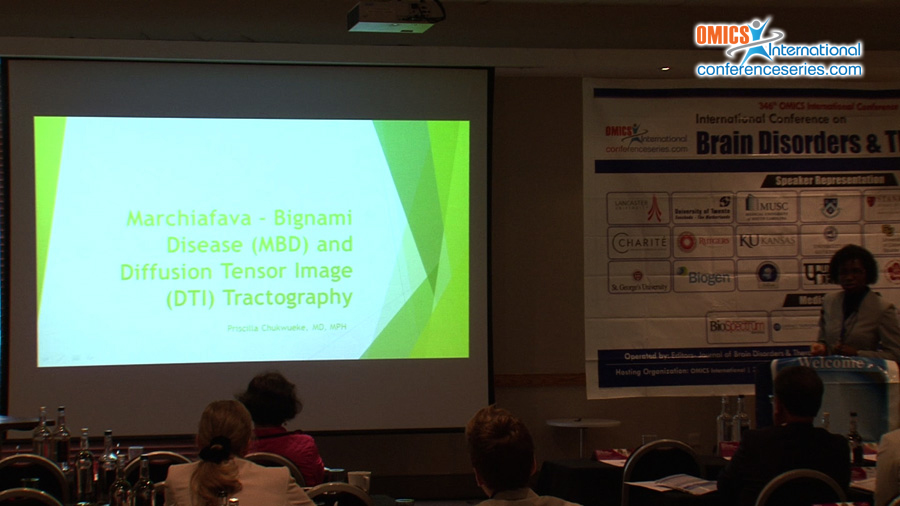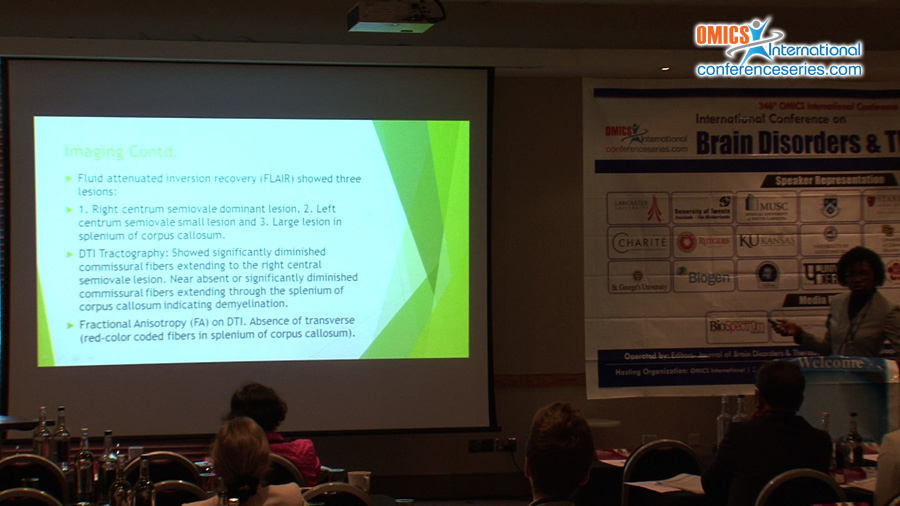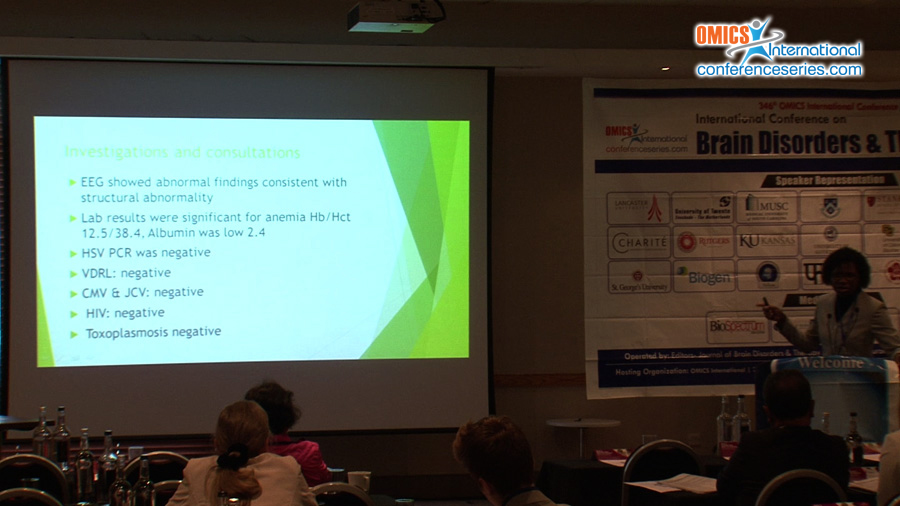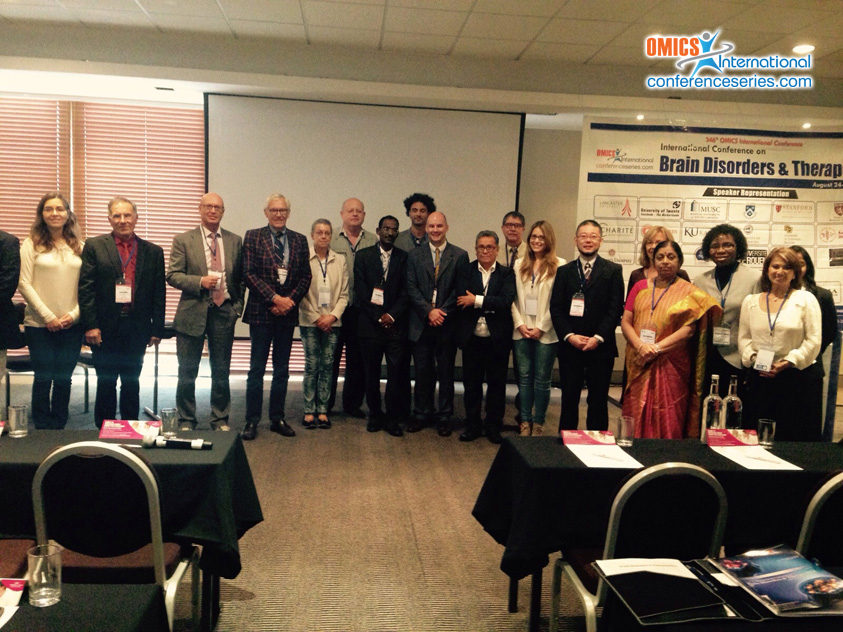
Priscilla Chukwueke
Columbia University Medical Center, USA
Title: Marchiafava-Bignami Disease (MBD) and diffusion tensor image (DTI) tractography
Biography
Biography: Priscilla Chukwueke
Abstract
Marchiafava-Bignami Disease (MBD) is a rare central nervous system (CNS) disease characterized by demyelination of the corpus callosum. It is mostly found in men with alcohol use disorder and malnutrition with cases reported worldwide across all races. The onset of the disease may be sudden presenting with stupor, coma or seizures while some may present with gait abnormality (spasticity), psychiatric problems, hemiparesis, aphasia, apraxia and incontinence with a resultant high morbidity and mortality rates. Case description: patient is a 30 year old left handed African-American, who presented with c/o altered mental status, urinary incontinence, slurred speech and left-sided weakness. The diagnosis of MBD was confirmed with DTI Tractography which showed significantly Diminished commissural fibers extending to the right central semiovale lesion, near absent or significantly diminished commissural fiber extending through the corpus callosum indicating demyelination. Discussion: MBD is often an incidental diagnosis with high morbidity and mortality. This is different from previous casas because of earlier onset as opposed to onset around age 45, rapid recovery and minimal disability as he could walk independently before discharge from hospital. This case also shows added benefit of the DTI tractography in the diagnosis of MBD.
Speaker Presentations
Speaker PDFs
Speaker PPTs Click Here




